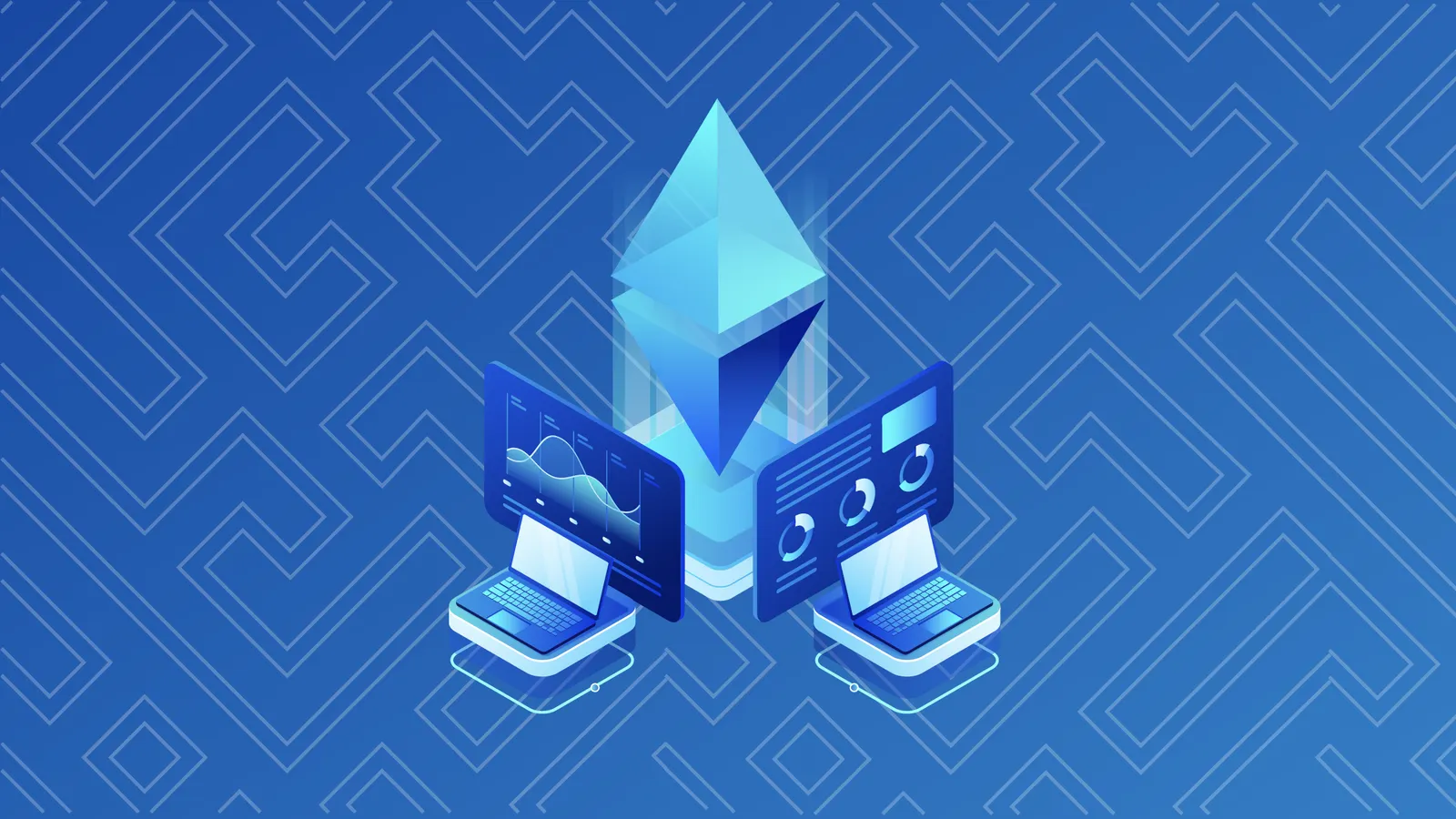The promise being offered by dapps, or decentralized apps, is that it might reduce the need for a middleman.
What is a dapp (decentralized application)?
Dapps are decentralized apps. They are like normal apps, and offer similar functions, but the key difference is that they are run on a peer-to-peer network, such as a blockchain, using smart contracts.
As dapps are decentralized, they can’t be controlled by a single person or entity. Dapps also often have the following features:
- They are open-source and operate on their own without anyone entity controlling them.
- Their data and records are public.
- They use a cryptographic token to help keep their network secure.
While many in the blockchain and crypto community believe that dapps should have all of these features, as the industry has matured, there are dapps that use some, a combination of, or none of the above.
EVM: Where the smart contracts live.
Once Ethereum supported smart contracts, the next step was to create an environment where all those smart contracts live and interact with each other. That’s where Ethereum’s Virtual Machine (EVM) comes in.
EVM is best thought of as a virtual computer on the blockchain that turns your ideas into code, and runs it on the global Ethereum network.
EVM opens up a wide range of possibilities. For example, you can create contracts that can automatically buy or sell things: let’s say you’re in the air conditioning business. You only want to buy air conditioners when the temperature goes above a certain point. You can build a smart contract that can factor in the weather and automatically buy when it needs to.
Much like the website you are reading this article on, the EVM is built on a coding language; famous ones that already exist include Java, Python and Ruby.
The EVM has its own, called Solidity. It’s a language that lets people build smart contracts that can interact with other smart contracts easily.
What are the benefits of dapps?
Dapps have several exciting aspects:
- Censorship-resistant - With no single point of failure, it’s very difficult for governments or powerful individuals to control the network.
- No downtime - Relying on a peer-to-peer system ensures that the dapps continue to work even if individual computers or parts of the network go down.
- Blockchain-based - As they are made using smart contracts, they can easily integrate cryptocurrencies into the basic functionalities of the dapp.
- Open-source - Open-source dapps encourage the widespread development of the dapp ecosystem and enable developers to build better dapps with more useful or interesting functions.
Did you know?
Dapps are decentralized apps. They are like normal apps, and offer similar functions, but the key difference is that they are run on a peer-to-peer network, such as a blockchain.
What are the weaknesses of dapps?
While dapps promise to solve a lot of the problems faced by regular apps, there are also some disadvantages.
- Hacks - As many dapps are run on open-source smart contracts, hackers have the opportunity to review code and probe the networks looking for weaknesses. This has led to a spate of hacks on popular dapps.
- Usability - A lot of dapps have poor user interfaces, something that has drive many users away. You can read all our reviews on these services on our reviews page. However, this is something that’s improving as time goes on.
- Users - As with many Web 2.0 apps, the more users a dapp has, the more effective the network is at delivering those services. This is often referred to as the network effect. Dapps struggle from low user numbers, which can make them less interactive. It can also make them less secure, as a dapp's security is often dependent on user numbers.
What dapps are out there?
A good place to start researching dapps is DappRadar, a website that lists thousands of dapps built on networks including Ethereum, BNB Chain and Polygon.
Among the most popular dapps at present are decentralized finance (DeFi) applications such as decentralized exchanges (DEXs). These enable people to swap one cryptocurrency for another without the need for a centralized gatekeeper like you'd find on exchanges like Binance, and Coinbase.
Ethereum dapps
Many leading dapps are built on Ethereum, a smart contract blockchain. They include:
- Uniswap - A decentralized exchange that enables users to swap tokens peer-to-peer rather than through a centralized intermediary.
- Decentraland - A metaverse platform in which users can interact as avatars, and buy NFTs representing virtual objects or land.
- Gods Unchained - An NFT-powered card game.
- MakerDAO - A smart contract that enables users to interact with the Dai stablecoin system.
A new way to build a business
The decentralization of dapps has led to whole new ways of building businesses: the decentralized autonomous organization, or DAO. One of the most fascinating examples is Augur, a decentralized betting marketplace.
The creators built the marketplace and released it, and while it is now maintained by its users, the creators now work on completely separate projects.
Cheat Sheet
- The promise being offered by dapps is that it might reduce the need for a middleman.
- Dapps are open-source and operate on their own without anyone entity controlling them.
- Their data and records are public.
- They use a cryptographic token to help keep their network secure.
Up Next
We learn how Ethereum is a major building block of Web3 and the metaverse.




